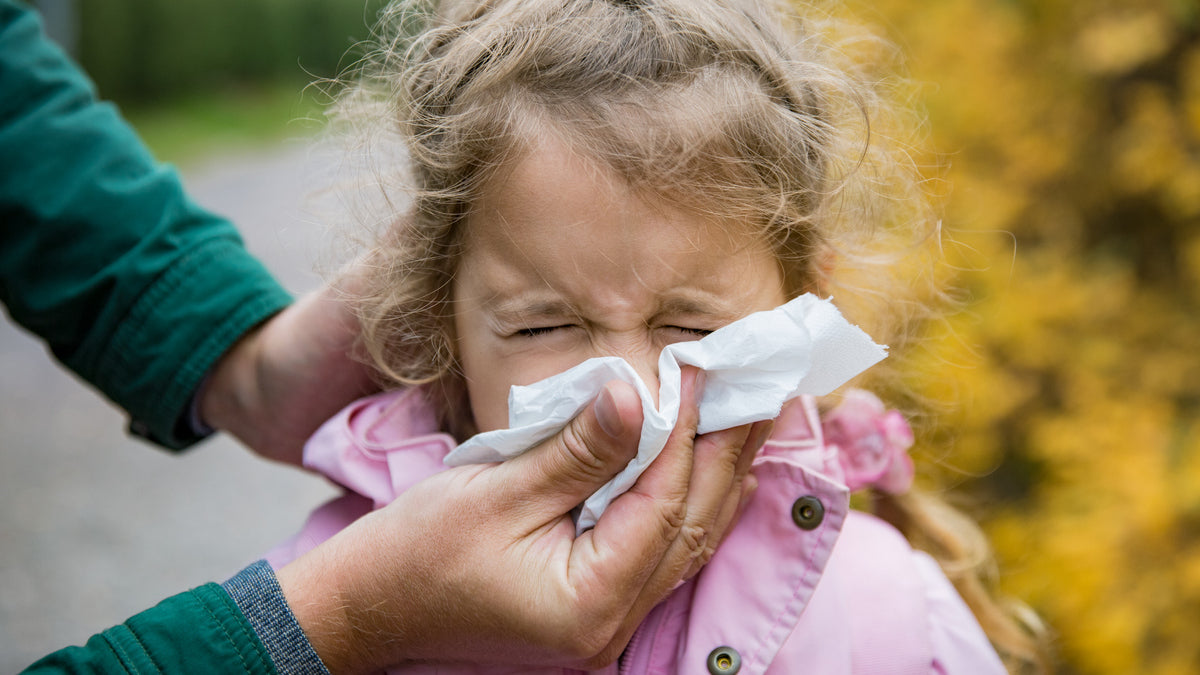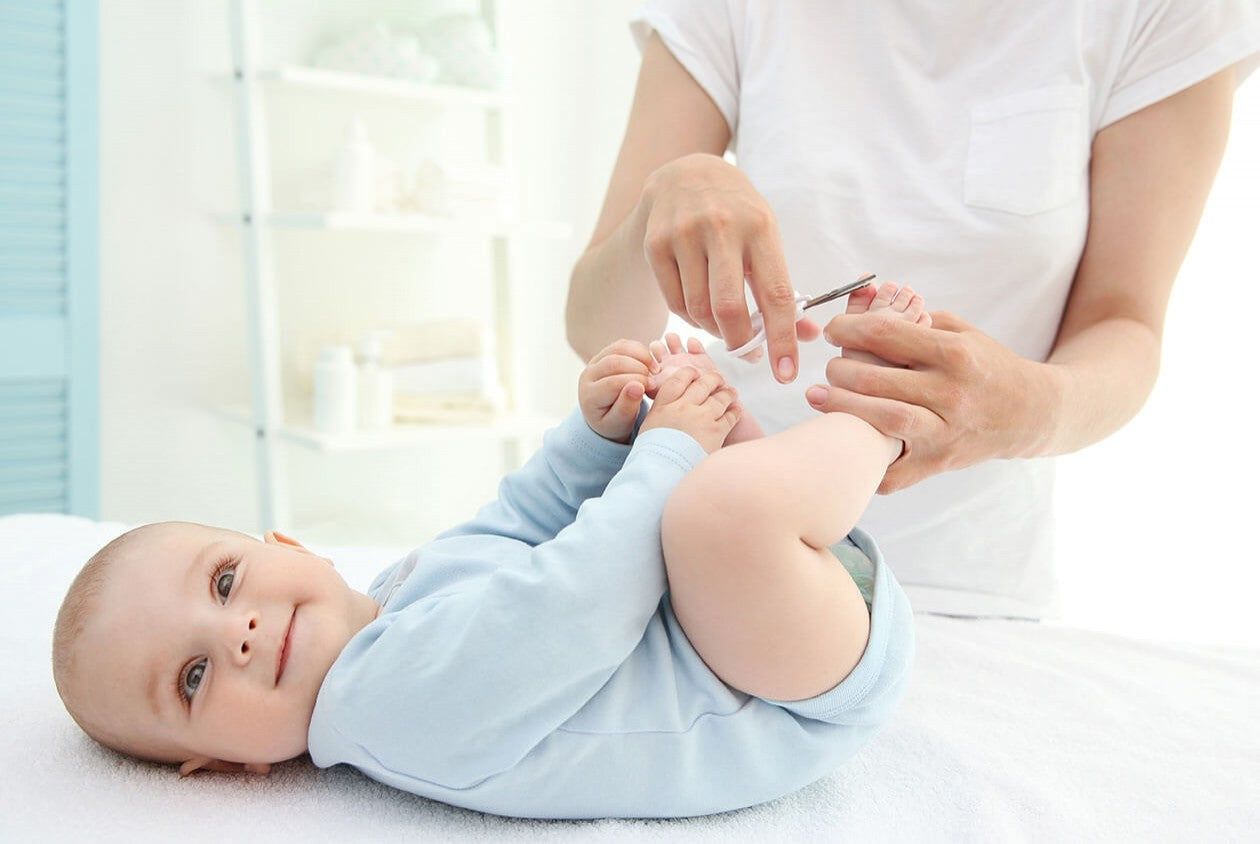Here are some tips on how to take care of intimate hygiene during pregnancy
During pregnancy, an increase in stress and the natural "disruption" that occurs at the hormonal level can determine the alteration of the delicate balance of the microorganisms that make up the vaginal bacterial flora.
Under normal conditions, the factors that determine the maintenance of this balance are:
The degree of acidity of the vaginal environment, which is expressed through the acronym pH to which a number from 1 to 7 is added (if it is a low number we will have an acid ph, if it is a high number the ph will be alkaline)
· The level of estrogen, hormones that regulate the presence of bacteria that help defend the vaginal environment from infections
During pregnancy, the level of estrogen increases and this causes a decrease in the degree of vaginal acidity; to this is sometimes added the natural increase in stress connected to the physical and psychological changes that come into play in this particular period so, with the alteration of the balance of the vaginal bacterial flora, the risk of contracting a vaginal infection increases .
In this case, in fact, the complex ecosystem of microorganisms that carry out a function of protection from external aggressions is no longer able to effectively carry out its defense role and thus increases the risk of contracting an infection of the genital system; During pregnancy, intimate hygiene is very important, guarding against aggression as it has been shown that about 60% of premature births are due to untreated vaginal infections.
The most common intimate hygiene infections in pregnancy are Candida vulvogenitis, bacterial vaginosis and Trichomonas vaginitis. While vaginitis are infections accompanied by the typical symptoms of inflammation (itching, burning and redness), vaginosis does not have an evident inflammatory component, in this case it is more difficult to notice that something is wrong. However, both are manifested through losses, a signal that is easy to recognize and interpret, which should however be considered an alarm bell that should not be overlooked.
Symptoms and signs of this kind can be annoying but they are certainly useful for signaling the presence of an infection which, if neglected, can have serious repercussions on pregnancy.
For this reason it is necessary to adopt preventive measures that allow to minimize the risk of infections:
Pay the utmost attention to intimate hygiene by washing frequently and using specific detergents, preferably with an acid pH and antibacterial action;
Avoid the use of panty liners that facilitate the onset of infections;
· Use cotton linen to promote perspiration;
· If you are away from home, always carry specific cleansing wipes for intimate hygiene;
· Take care of the diet because in addition to being important for the development of the child it can help strengthen the immune system;
Contact your gynecologist if you notice strange discharge or in case of burning and itching.
Intimate hygiene in pregnancy: post-partum
The first weeks after childbirth regarding intimate hygiene during pregnancy generally represent a delicate and sometimes difficult period. Childbirth, whether natural or caesarean, involves a very strong physical stress and for the balance to be fully restored it is necessary that some time pass. Among other things, other factors come into play that can be responsible for a situation of discomfort and psychological stress that should not be underestimated: the child absorbs all the energies of the new mother who, in addition to being tired, may feel inadequate in her new role.
Intimate hygiene in pregnancy : episiotomy
In this delicate period, intimate hygiene during pregnancy becomes essential especially if an episiotomy was performed during childbirth: a vaginal infection in this period would be particularly annoying and difficult to cure with drugs, which are to be avoided during breastfeeding. .







Leave a comment